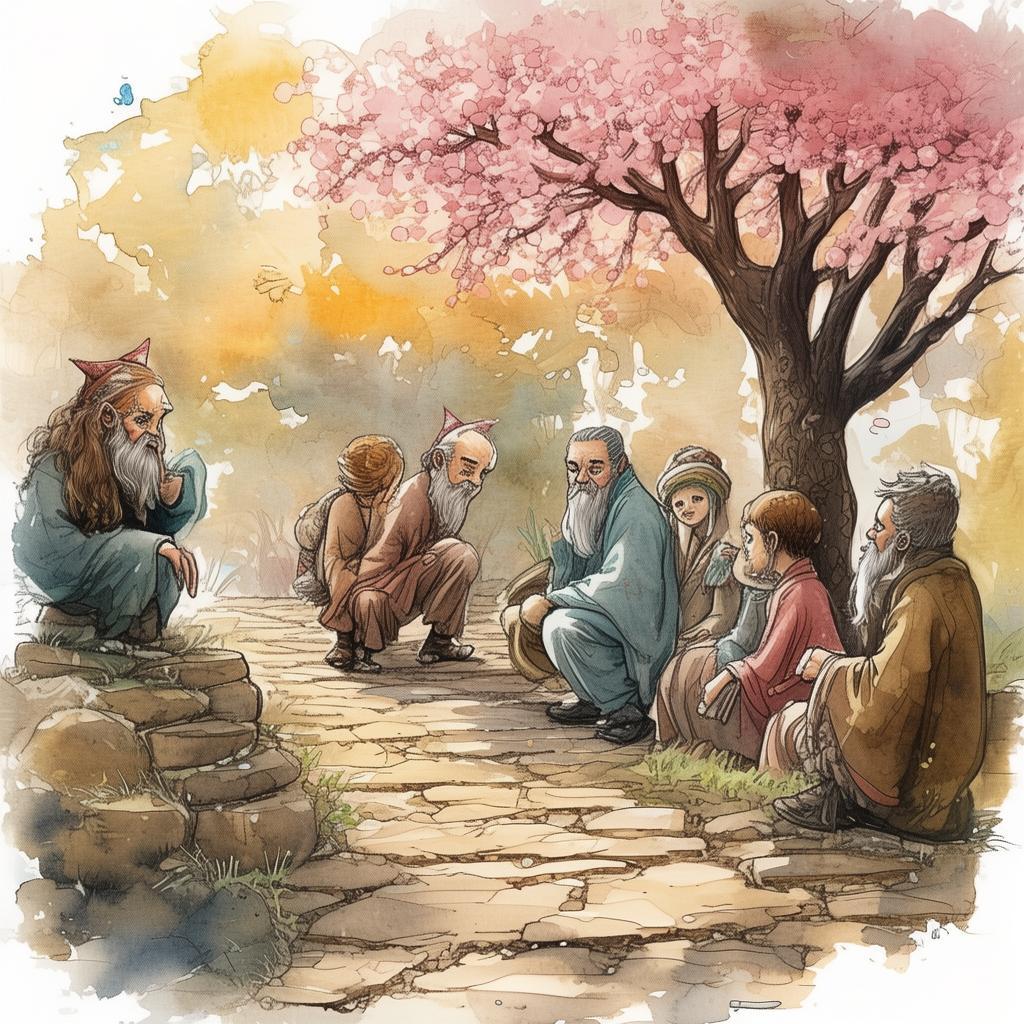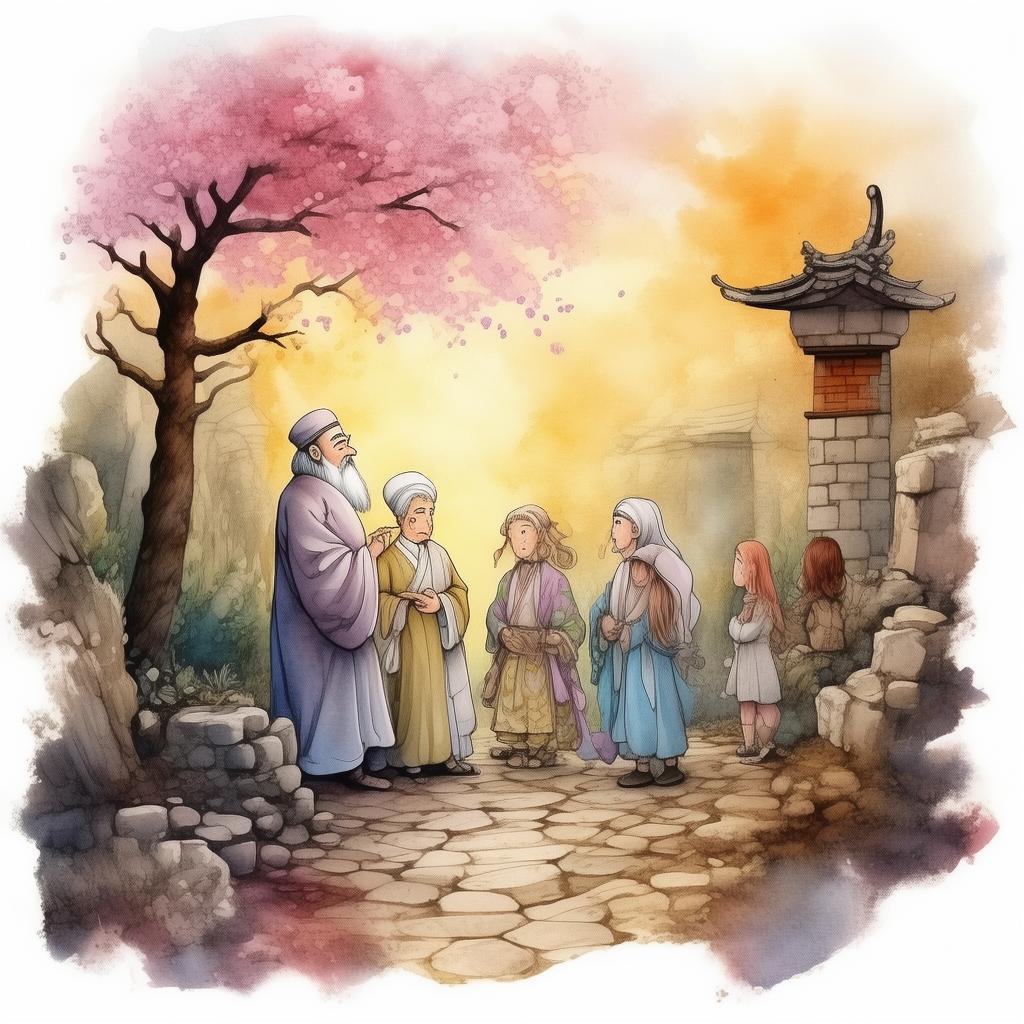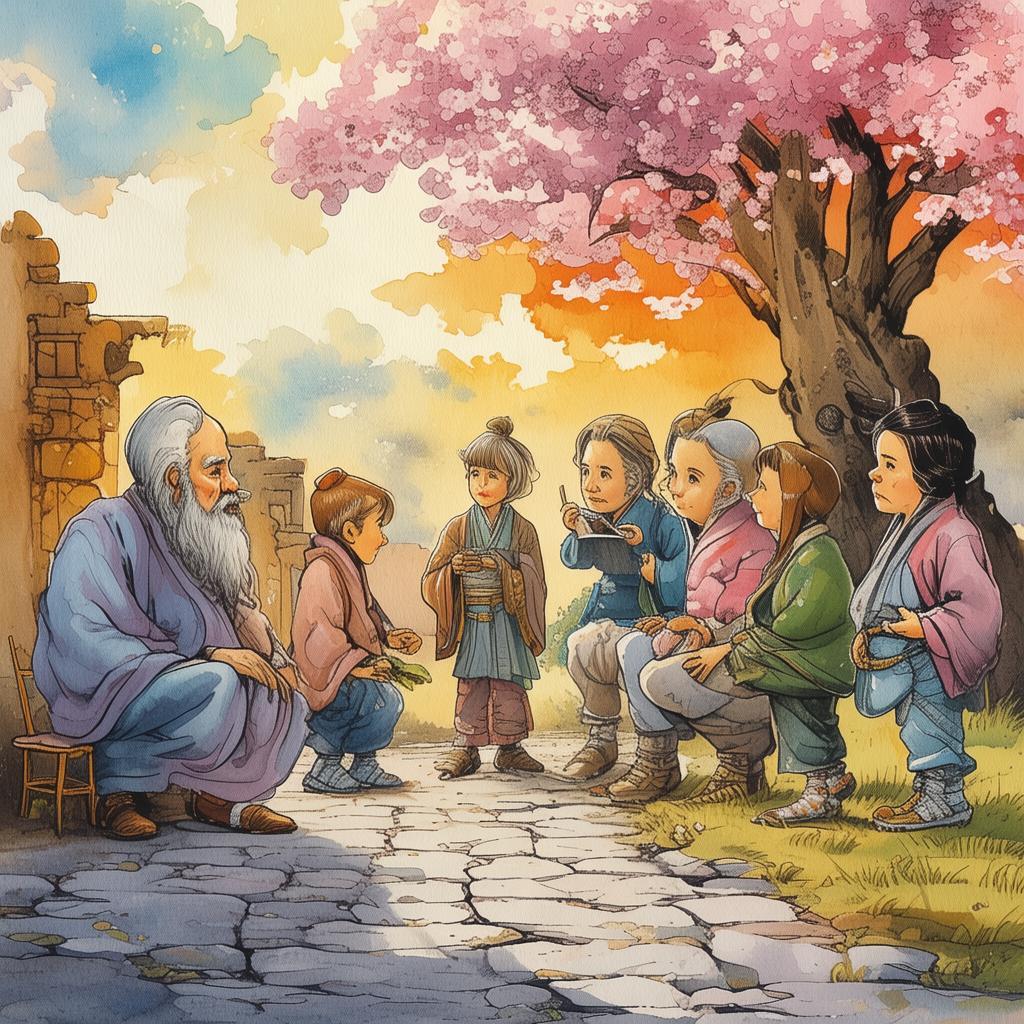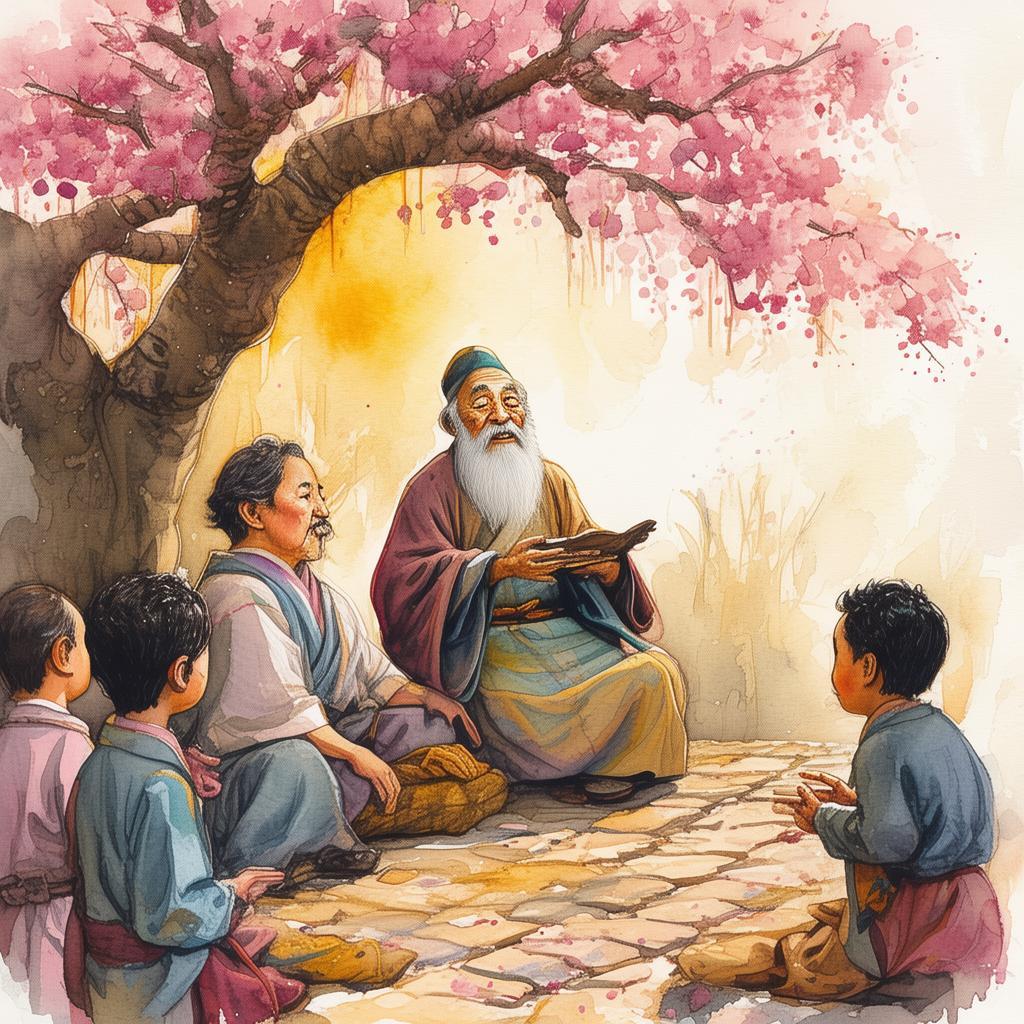The Euphemistic Game: A Tale of Intrigue and Deception
In the grand palace of Euphemia, where the air was thick with the scent of incense and the sound of courtly intrigue, there reigned a monarch known for his love of subtlety. King Euphemius was a master of the art of diplomacy, using words as his primary tool in the intricate game of court politics. His court was a labyrinth of whispers and nods, where the true power lay not in the sword but in the tongue.
In the heart of this court was a young official named Ling, whose mind was as sharp as a rapier and whose tongue was as agile as a serpent. Ling was known for his ability to turn a phrase, to use the most delicate of euphemisms to convey the harshest of truths. His skill was unmatched, and it had earned him the favor of the king, who often tasked him with the most delicate of missions.
One day, the king summoned Ling to his presence. The air was heavy with tension, and the courtiers whispered among themselves, guessing the nature of the task at hand. The king's eyes, usually a calm sea, were stormy with a purpose.
"Ling," the king began, his voice low and controlled, "there is a crisis brewing in the court. The Grand Minister, Lord Sycophant, has grown too powerful. He has begun to use his position to manipulate the court, to twist words to his advantage. I need you to devise a plan to curtail his influence, using nothing but the power of words."
Ling bowed his head in understanding. "Understood, Your Majesty. I shall use my skills to craft a series of messages and documents that will undermine Lord Sycophant's position without causing a stir."
The next few weeks were a whirlwind of wordplay and subterfuge. Ling worked tirelessly, weaving a tapestry of euphemisms and innuendo that would slowly unravel the grand minister's grip on power. He spoke of "minor disagreements" where there were clear conflicts, and of "gentle corrections" where there were severe mistakes. Each message was a carefully crafted tool, designed to chip away at Lord Sycophant's authority.
Lord Sycophant, however, was no fool. He began to suspect that someone in the court was working against him. His spies were sent out, searching for the mole, but they came up empty-handed. The whispers grew louder, and the courtiers began to question the grand minister's every word.
One evening, as the courtiers gathered for the evening meal, the king summoned them to his presence. The room fell silent as the king stood, his eyes scanning the room.
"Ladies and gentlemen," he began, his voice steady, "I have been informed of certain… disagreements within our ranks. It is important that we maintain harmony and unity. I trust that all of you will act with decorum and respect for one another."
The courtiers nodded, their expressions a mix of confusion and relief. Lord Sycophant, however, felt a chill run down his spine. He knew that his power was waning, that the king had finally taken notice of his manipulations.

The next few days were a tense stand-off. Lord Sycophant tried to rally his supporters, but they were few and far between. The whispers grew louder, and the courtiers began to turn against him. In a final act of desperation, he summoned Ling to his presence.
"Ling," he hissed, "you have been playing a dangerous game. What do you hope to achieve?"
Ling looked at the grand minister, his eyes calm and steady. "I hope to restore balance to our court, Lord Sycophant. The power of words is a powerful tool, but it must be used wisely."
Lord Sycophant's face turned red with anger. "You think you can undermine me with your words? You are a fool!"
But it was too late. The court had turned against him, and his influence was waning. He was forced to step down, his position taken over by a more balanced and fair-minded official.
The court of Euphemia was once again a place of harmony and respect, where words were used as tools for good rather than for manipulation. Ling's name was spoken with reverence, and his skill with words was celebrated. He had proven that in a court where words were weapons, the greatest power lay not in the sword but in the tongue.
The Euphemistic Game had been won, and the court of Euphemia had learned a valuable lesson: the power of words was a delicate balance, to be used wisely and with care.
✨ Original Statement ✨
All articles published on this website (including but not limited to text, images, videos, and other content) are original or authorized for reposting and are protected by relevant laws. Without the explicit written permission of this website, no individual or organization may copy, modify, repost, or use the content for commercial purposes.
If you need to quote or cooperate, please contact this site for authorization. We reserve the right to pursue legal responsibility for any unauthorized use.
Hereby declared.









